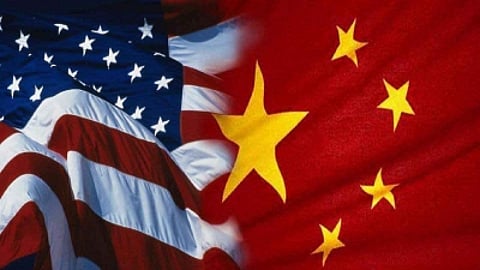

CHENNAI: As more details emerge from the recent US-China trade talks, both countries have agreed in principle to temporarily reduce tariffs on each other’s goods, according to a joint statement released in Geneva. The move is intended to ease trade tensions and give the world’s two largest economies an additional three months to work toward a more lasting agreement.
According to reports, under the proposed arrangement, the United States will reduce its combined 145% tariffs on most Chinese imports to 30% by May 14, including duties related to fentanyl. In return, China will lower its 125% tariffs on US goods to 10%, according to the statement and officials at a briefing on Monday. The tariff reductions between the countries are temporary as of now and will be in effect immediately at least for the next 90 days.
Both sides reported progress during the trade talks, which took place in Switzerland over the weekend. US Treasury Secretary Scott Bessent described the negotiations as “productive and constructive,” while China’s Vice Premier He Lifeng called them “in-depth” and “candid.”
The White House has referred to the outcome as a “trade deal,” though it has not yet released specific details. A more comprehensive joint statement is expected later on Monday.
The talks marked the first face-to-face meeting between U.S. and Chinese officials since President Donald Trump imposed steep tariffs on Chinese imports in January. In response, Beijing retaliated with high duties on American products.
The sharp tariff increases had shaken global financial markets and raised fears of a potential global recession.
At the close of the two-day negotiations in Geneva, US Trade Representative Ambassador Jamieson Greer said the agreement would contribute to reducing the $1.2 trillion US trade deficit with China.
In the joint statement, Bessent noted that “substantial progress” had been made in de-escalating the trade conflict, while Vice Premier He emphasized that the talks were not only important for the two countries, but also for global economic stability and development.
He added that both sides had reached several key agreements and had agreed to set up a permanent economic and trade consultation mechanism to maintain ongoing dialogue.
Ngozi Okonjo-Iweala, Inspector General of the World Trade Organization, welcomed the outcome, calling it “a significant step forward” and encouraging both nations to continue building on this momentum.